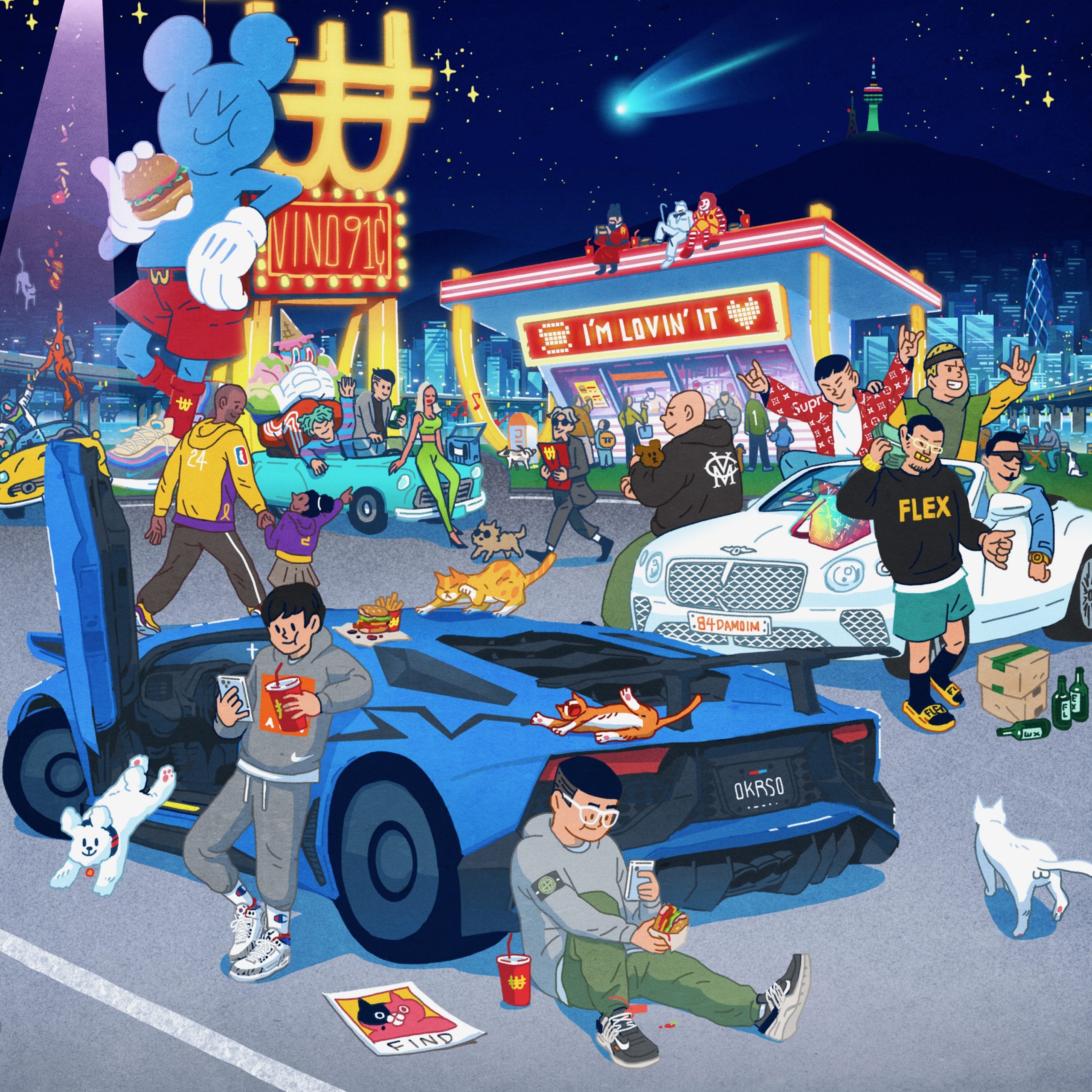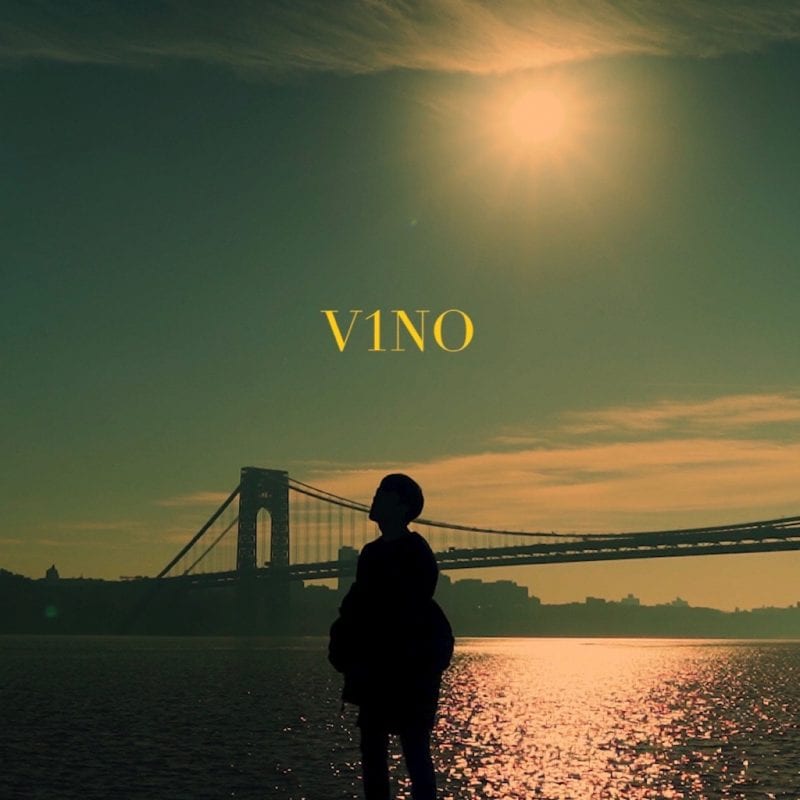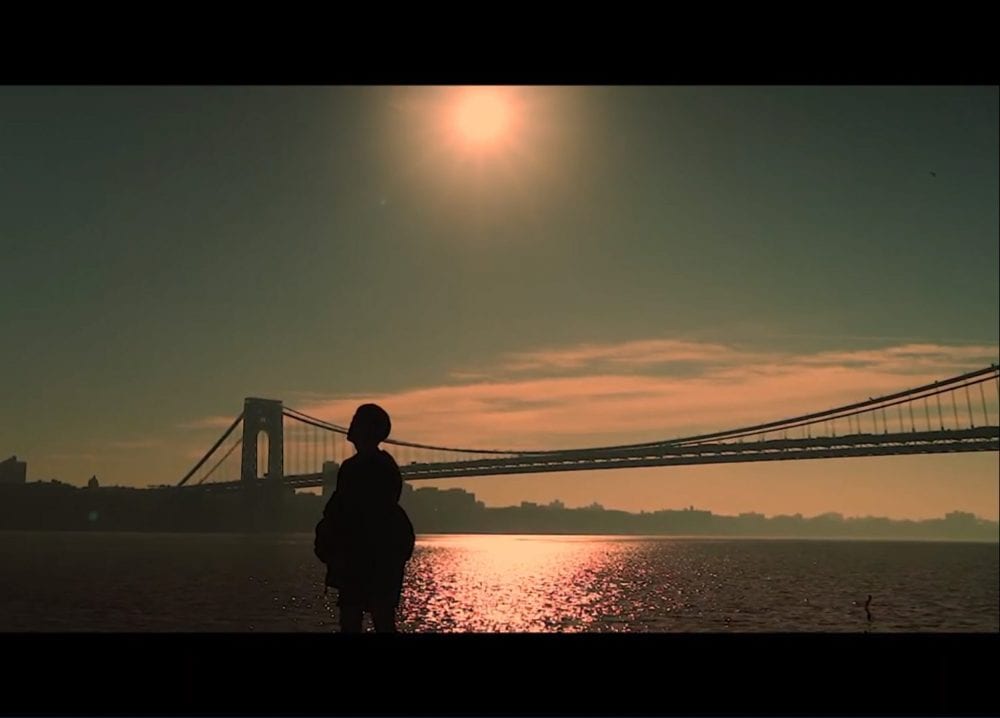On August 12, V1NO and West Coast rapper IV released “I’m Lovin’ It.” This is an interesting song choice for V1NO given his track record with more brooding, atmospheric music. However, dig a little deeper. Every part of this song was created with intention.
“This is Who I Am”: An Interview & Introduction to V1NO (fka Paul Shin)
If you’ve read anything from me at all, you know I relish the opportunity to talk to any and all artists. I have a particular soft spot for independent artists trying to get the recognition they desperately need and certainly deserve. They all have intriguing stories and perspectives that many with much more to lose are less wont to express. The most recent artist to open up to me is Paul Shin, now known by his stage name V1NO. He’s another in the small circle of Korean-American rappers that have blessed me with both their music and their friendship.
V1NO Explores Emotional Emptiness in “Runaway”
It’s truly a blessing to discover new talent. Particularly when they’ve worked so hard through so much to be able to share those talents with the world. Thus we have Paul Shin, now known by the stage name V1NO. This young man has had a life you wouldn’t believe. (But we’ll get more into that in our interview.) Last year he began to pursue his music in earnest. With that came the release of the music video for his song “Runaway.”


